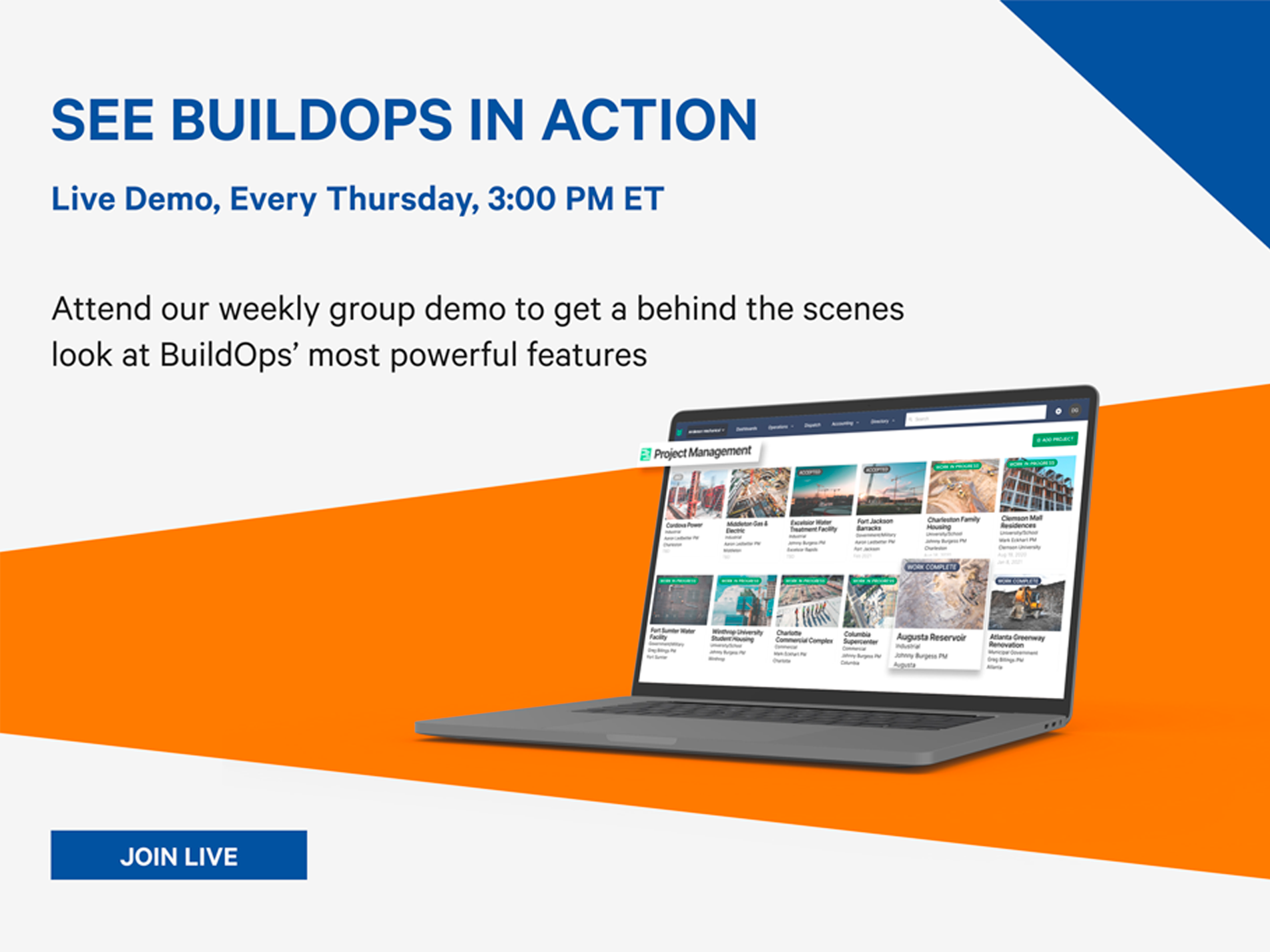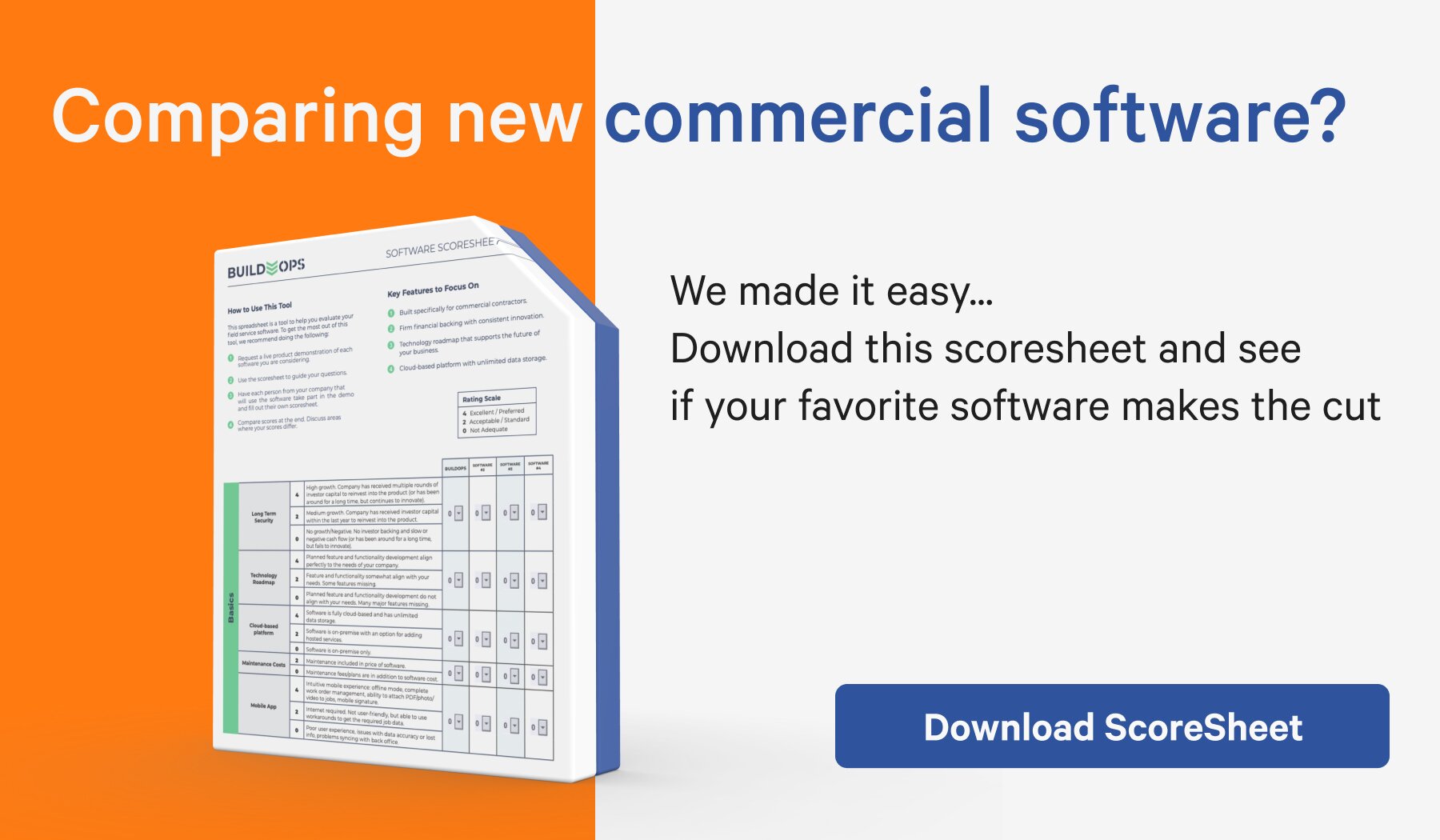Roofing CRM software refers to customer relationship management tools specifically designed for the roofing industry. These specialized systems allow roofing contractors to streamline their operations by managing customer data, job scheduling, project tracking, and communications all in one place. Enhanced with features tailored to meet the unique requirements of roofing services, these CRMs help businesses maintain strong relationships with clients and organize their workflows more efficiently.
The functionality of roofing CRM software often includes estimation tools, proposal generation, and invoice management, aimed at improving the efficiency of sales cycles and project execution. By automating administrative tasks, these programs reduce the risk of human error and free up time for contractors to focus on service quality. Integration with other business tools such as email platforms, accounting software, and inventory management systems makes it even more powerful.
In an increasingly competitive market, roofing CRM software becomes an indispensable asset for roofing businesses looking to scale up their operations. It provides valuable insights through reporting features and analytics, allowing for informed decision-making and strategic planning. These insights can aid in identifying market trends, tracking customer satisfaction, and ultimately driving revenue growth through improved customer retention and acquisition strategies.
Content:
- Elevating Customer Experience: How Roofing CRM Software Transforms Client Satisfaction
- From Lead to Loyalty: Streamlining Sales with Roofing CRM Solutions
- Managing the Storm: How Roofing Companies Use CRM Software to Weather Business Challenges
- Digital Roofing Renaissance: Embracing CRM Software for Competitive Advantage
- Blueprints for Success: Integrating CRM Software into Roofing Business Strategies
In the dynamic world of the roofing industry, staying ahead in the game means leveraging every tool at your disposal. Roofing CRM software emerges as a critical component for contractors aiming to enhance productivity and customer satisfaction. As roofing projects become more complex, the need for efficient management systems becomes undeniable. This type of software aids in navigating the intricacies of modern roofing operations.
The adoption of roofing CRM software streamlines communication channels within a roofing company, allowing for better coordination among sales, service, and administrative teams. Equipped with real-time data and customer interaction history, teams can deliver personalized service experiences. Customers have come to expect such attention to detail, and a roofing CRM can help ensure their needs are met promptly and effectively.
However, the integration of roofing CRM software goes beyond just improving customer service; it is a strategic investment into the future of a roofing business. In an era where data is king, having access to refined analytics and reporting can distinguish a thriving enterprise from a struggling one. This article will explore how introducing a robust roofing CRM can transform the various facets of a roofing business, creating a seamless workflow, and setting the stage for unparalleled success.
Elevating Customer Experience: How Roofing CRM Software Transforms Client Satisfaction
In the competitive realm of roofing services, client satisfaction has become the cornerstone of success. Recognizing this, many companies have turned to CRM software, specifically designed for the roofing industry. This technology streamlines customer interactions, ensuring all client needs are met with efficiency. It provides a centralized platform where customer data, including past interactions and preferences, are easily accessible, enabling personalized service that makes clients feel valued.
By utilizing roofing CRM software, companies can rapidly respond to inquiries, schedule appointments, and follow up on services rendered, all within a unified system. This seamless orchestration ensures no client is neglected, and all concerns are addressed promptly. Automation plays a key role, sending reminders and updates to clients without delay. This reliability leads to trust, a crucial element in a customer’s overall satisfaction.
Moreover, the data analysis capabilities of roofing CRM software are a game-changer for client interaction. Tracking patterns in customer behavior allows roofing businesses to anticipate needs and tailor their offerings. This proactive approach showcases an understanding of the customer, often resulting in repeat business and referrals. It is not just about addressing current needs but also forecasting future demands.
Feedback integration is another beneficial feature of roofing CRM systems. Companies can gather, analyze, and act upon client reviews and critiques swiftly. This continuous feedback loop leads to service enhancements and operational improvements. It is the capacity to adapt based on customer input that truly elevates the customer experience.
In essence, roofing CRM software is not merely a tool for managing client data—it’s a comprehensive solution for nurturing customer relationships. More than ever, a satisfied client is the most powerful asset for a roofing company, and with a CRM system, businesses can achieve a level of client satisfaction that sets them apart from competitors.
From Lead to Loyalty: Streamlining Sales with Roofing CRM Solutions
Generating leads is only the first step in a long journey towards cementing customer loyalty in the roofing industry. Converting these leads into loyal clients, however, requires a meticulous approach that CRM solutions are adept at facilitating. The integration of CRM tools in the roofing sector has reshaped how businesses nurture these potential relationships. It is a transformation from sporadic communication to a strategic, systematic engagement that ushers leads down the sales funnel effectively.
A roofing CRM offers a birds-eye view of the entire sales pipeline, which is crucial for identifying stages where leads may lose interest. Through this level of oversight, sales teams can apply targeted strategies to guide prospects closer to a sale. Timely follow-ups and personalized communication significantly increase the likelihood of conversion. This more granular insight into the lead journey is one of the key benefits of a specialized CRM.
What amplifies the adoption of CRM in roofing is its ability to automate repetitive tasks. From sending out quotes to scheduling appointments, automation saves precious time for sales reps, allowing them to focus on forging stronger connections with leads. It is in these human interactions that rapport and trust are built—essential ingredients for long-term loyalty. CRM software thus becomes an invaluable sales assistant, dedicated 24/7 to maintaining a company’s competitive edge.
Emphasizing the importance of data, CRM systems thrive on information. This data drives personalized sales strategies, creating unique customer profiles. Sales teams equipped with such detailed insights can anticipate client needs and adjust their pitch accordingly. It’s a level of personalization that today’s consumers not only appreciate but have come to expect.
CRM tools also excel at managing follow-up efforts—a critical aspect for roofing businesses where decisions can have substantial lead times. Reminders to reach out to prospects at strategic times ensure no opportunity for engagement is missed. Keeping the business top-of-mind is vital in a field where choices are carefully considered and not made on a whim.
Transitioning from lead to loyalty is a nuanced process that CRM solutions are tailored to support. Such systems empower roofing companies to act decisively and intelligently, nurturing leads with the kind of care and attention that fosters enduring loyalty. By leveraging the full spectrum of CRM capabilities, roofing businesses can build a strong, loyal customer base that is the bedrock of their long-term success.
Managing the Storm: How Roofing Companies Use CRM Software to Weather Business Challenges
The roofing industry, with its unique set of business challenges, requires robust management tools to navigate complex customer relationships and unpredictable market fluctuations. CRM software emerges as a beacon of stability, offering roofing companies valuable support. It is particularly in times of economic storms that the organizational prowess of CRM systems shows its true worth. These platforms provide structure and clarity, enabling roofing businesses to remain agile and responsive.
Adapting to rapidly shifting consumer demands is essential for survival, and CRM software facilitates this by allowing for real-time updates to customer information and interactions. This agile approach ensures that roofing companies can swiftly change course in response to new market insights. With CRM, the ability to segment customer data aids in creating more targeted marketing campaigns, resonating with the right audience at the right time.
Operational hurdles are common in the roofing sector, from supply chain disruptions to workforce management. CRM software serves as a centralized hub for managing these various facets of operation. This consolidation of data and processes significantly reduces the probability of oversights and errors, contributing to smoother business functions. The software’s tracking capabilities also permit precise analysis of job progress and resource allocation.
Client retention is often a precarious matter in this competitive landscape, with customer expectations consistently rising. By utilizing CRM tools, roofing companies can deploy loyalty programs and client retention strategies with finesse. Automated satisfaction surveys and personalized service follow-ups are just some ways CRM software helps maintain strong customer relationships. This proactive customer care is a testament to the company’s commitment to excellence.
Moreover, effective communication within the company is just as vital as maintaining client relations. A CRM system fosters internal collaboration by providing a transparent, accessible platform for information sharing among employees. This enhances team coordination and ensures all members are working towards a united goal. When challenges arise, a well-informed team is better equipped to handle them.
Confronting business challenges head-on, roofing companies find in CRM software an ally for stability and growth. These systems are not merely about managing contacts—they are comprehensive tools that empower companies to weather storms and emerge more robust. Thus, CRM software stands as a pillar for many roofing businesses, anchoring them through unpredictable tides.
Digital Roofing Renaissance: Embracing CRM Software for Competitive Advantage
In the context of today’s digital renaissance, roofing companies are increasingly turning to technology for an edge. CRM software has emerged as a differentiator that enables more nimble and efficient business operations. By embracing these digital tools, roofing businesses are not just streamlining their processes but also unlocking new possibilities for customer engagement and service optimization. This leap into digitalization represents a significant shift in the industry’s approach to business strategy.
What CRM software brings to the table is a wealth of data analytics and insight, which can drastically improve decision-making. Such granularity in understanding customer preferences and behaviors allows companies to customize their offerings, aligning closely with market needs. It enhances service delivery, ensuring that roofing solutions are both timely and pertinent. Through this technology, roofing businesses gain the acumen to forecast trends and prepare proactive responses.
Another notable advantage lies in the enhancement of team coordination. With a comprehensive CRM system, every member of a roofing business, from sales to technicians, has access to the same detailed client information. This shared knowledge base minimizes misunderstandings and enables a unified approach to customer service. Through improved internal communication, teams can deliver a consistent customer experience, further solidifying their competitive position.
CRM software also serves as a platform for deploying sophisticated marketing campaigns with a high degree of personalization. Crafting messages that resonate on an individual level increases engagement, and the roofing industry is no exception. These tailored campaigns reflect a deep understanding of customer needs, further distinguishing companies within a crowded market. The resulting brand loyalty is a testament to the power of CRM-driven marketing.
Implementing CRM solutions is not without its challenges, but the benefits are undeniable. By digitizing customer relationship management, roofing companies can deliver exceptional service with operational efficiency that was once unimaginable. Such technologies are redefining what it is to be competitive in the roofing industry, with CRM software at the heart of this transformation.
As we witness the unfolding digital revolution, it’s clear that roofing companies who harness the power of CRM software will be the ones leading the charge. These tools represent more than an incremental change—they signify a complete overhaul of how business is done, heralding a new era of roofing industry excellence.
Blueprints for Success: Integrating CRM Software into Roofing Business Strategies
In the highly competitive roofing industry, companies continuously seek ways to sharpen their competitive edge. CRM software provides an essential blueprint for success, integrating intricately into business strategies. This technological integration goes beyond mere customer management; it’s a strategic overhaul of operations, marketing, and service delivery. For roofing companies, embracing CRM software is synonymous with adopting a new, more effective, and sustainable business model.
Central to the strategic application of CRM software is its ability to identify and capture new opportunities. Robust data analysis tools built into CRMs offer rich insights into market trends and customer preferences. Using this information, roofing companies can make informed decisions, tailoring their approaches to seize these opportunities. It’s a proactive strategy that positions them ahead of competition, ready to deliver exactly what the market demands.
Retention strategies are another aspect where CRM proves invaluable. Customizable workflows and automated communications maintain client engagement beyond the initial service transaction. This ongoing interaction fosters a sense of partnership between clients and the business, underpinning client loyalty. The ability to track each customer’s history ensures consistent service that respects and builds on previous experiences, a key factor in securing repeat business.
CRM software also facilitates resource management, which is vital for executing projects on time and within budget. Scheduling capabilities ensure optimal deployment of personnel and equipment, preventing costly downtime or overbooking. Forecasting tools within the CRM allow for better project planning and inventory control, helping to avoid supply chain disruptions. This level of resource management prowess bolsters operational efficiency and profitability.
Integrating CRM into the marketing strategy of a roofing company opens up a new frontier for customer engagement. CRM-driven campaigns can be targeted very specifically, based on customer data and behavior analysis. This leads to higher conversion rates and a stronger return on investment for marketing initiatives. Such data-driven marketing refines a company’s approach, ensuring relevance in every communication.
Ultimately, integrating CRM software into the business strategies of roofing companies is about building a foundation for sustainable growth. It is the central framework upon which all else is built, from operations to client services. With CRM at the helm, roofing businesses can navigate the competitive landscape with confidence, knowing they have the tools to construct lasting success.





